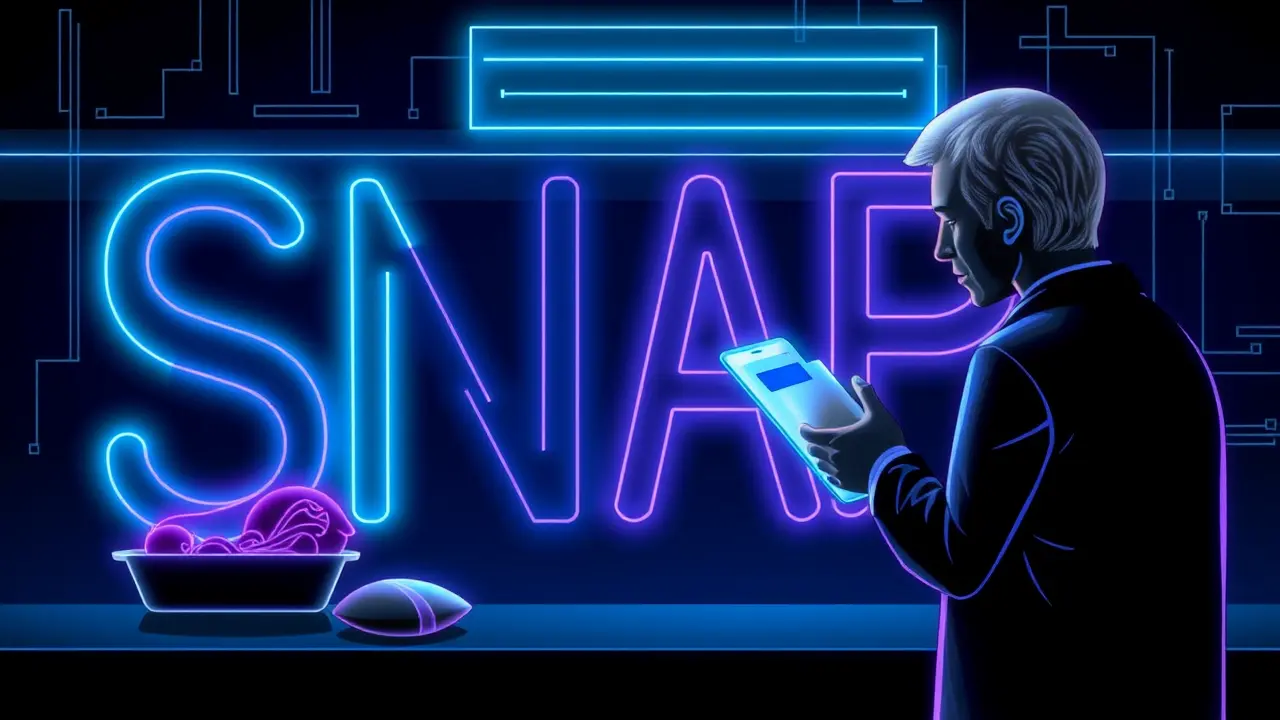
Politicscourts & investigations
Treasury Secretary says SNAP payments could be made this week.
RO
Robert Hayes
3 hours ago7 min read
In a development that underscores the profound human cost of political brinkmanship, Treasury Secretary Scott Bessent indicated on CNN's 'State of the Union' that the administration could authorize Supplemental Nutrition Assistance Program (SNAP) payments by Wednesday. This statement comes in the wake of a forceful judicial intervention, where federal courts commanded officials to tap into emergency contingency funds to prevent a catastrophic interruption in food aid for over 40 million vulnerable Americans.The legal pressure intensified when U. S.District Judge John J. McConnell Jr.of Rhode Island presented the Trump administration with a stark ultimatum over the weekend: either disburse full payments by Monday or, at a minimum, ensure partial payments are made no later than Wednesday, November 5th. This judicial order did not materialize in a vacuum; it was a direct response to the Agriculture Department's controversial stance that it lacked the authority to utilize these very funds, a position that Judge McConnell and his Massachusetts counterpart, Judge Indira Talwani, have now unequivocally labeled as an 'erroneous conclusion.' Judge Talwani's Friday ruling was particularly emphatic, clarifying that the Defendants are, in fact, 'required to use those Contingency Funds as necessary for the SNAP program. ' Bessent's televised remarks, however, were layered with political subtext, as he simultaneously placed the onus on 'five Democratic senators' to 'cross the aisle and open the government by Wednesday,' framing the judicial process as an obstacle by stating 'the courts keep jamming up things.' This rhetorical dance echoes historical patterns where administrative actions during government shutdowns become deeply entangled with political messaging and blame assignment. The Secretary pointed to a Truth Social post from President Trump, in which he claimed to have asked the court for clarification, a move that Judge McConnell had already preempted with his Saturday order, even thanking the president for his 'quick and definitive response.' Yet, this entire episode represents merely a temporary reprieve, a stopgap measure that fails to address the root of the crisis. The contingency fund itself, while substantial, is insufficient to cover the full $8 billion required for November's SNAP obligations, meaning this funding lap is destined to be a short-lived solution amidst a shutdown that is mere days from becoming the longest in American history.The impacts are already rippling beyond kitchen tables, straining a government workforce working without pay and pushing food banks, which had already reported spiking demand, to a breaking point. The political rhetoric has grown increasingly heated, with House Democratic Leader Hakeem Jeffries accusing the Trump administration and Republicans of having 'decided to weaponize hunger and withhold SNAP benefits.' This confrontation draws parallels to past political standoffs where essential social safety nets became bargaining chips, raising fundamental questions about governance and the social contract. As the nation watches, the immediate question of whether aid arrives by mid-week is overshadowed by the larger, more troubling reality: even if these payments are made, the underlying political impasse remains wholly unresolved, guaranteeing further uncertainty and hardship for millions of families who rely on this program not as a abstraction of policy, but as a fundamental means of survival.
#featured
#SNAP benefits
#government shutdown
#Trump administration
#federal court
#emergency funds
#food assistance
Stay Informed. Act Smarter.
Get weekly highlights, major headlines, and expert insights — then put your knowledge to work in our live prediction markets.
© 2025 Outpoll Service LTD. All rights reserved.